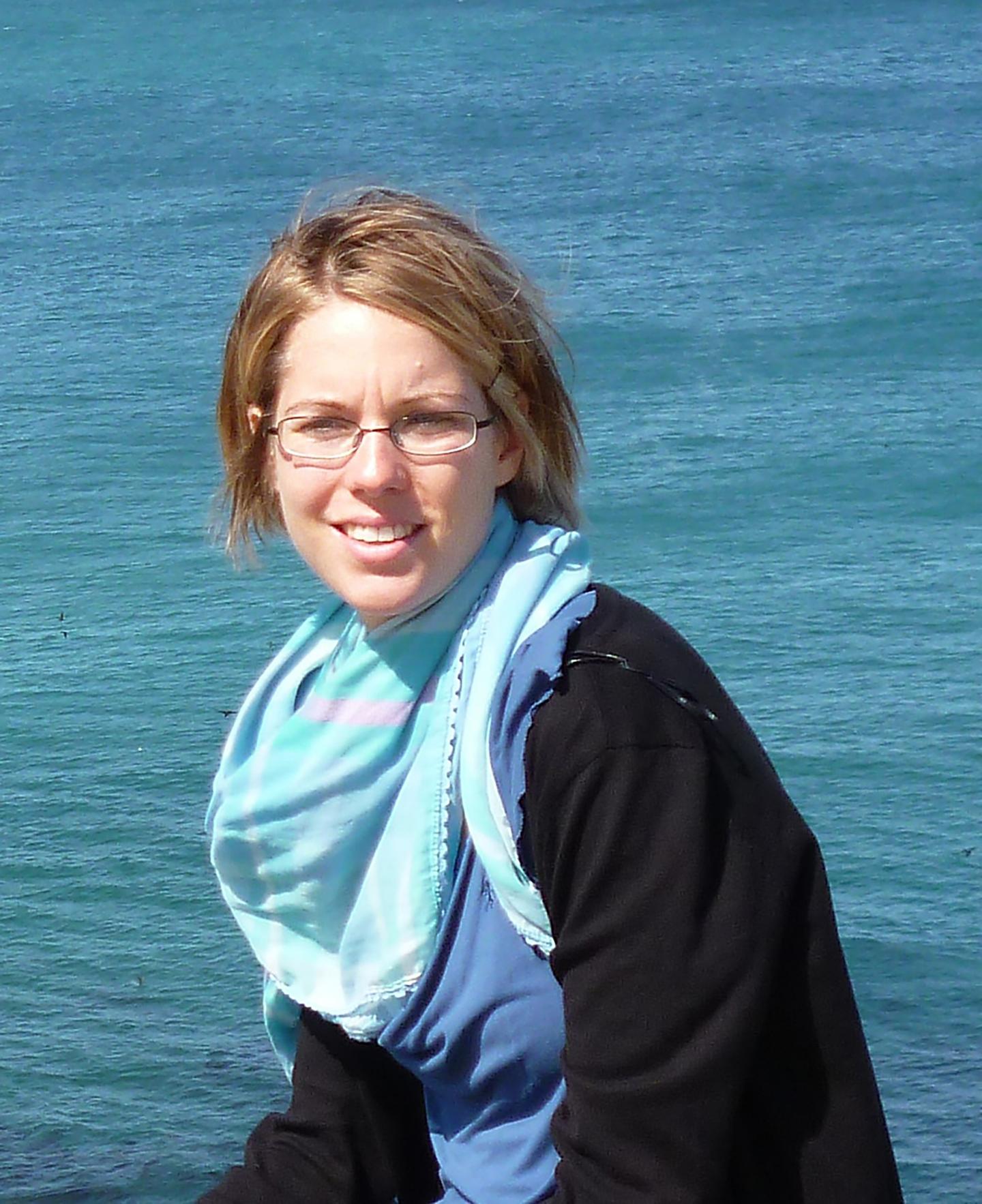
Credit: Courtesy of Kathrin Zuercher
Around ten million people around the world develop tuberculosis every year and 1.5 million people die from tuberculosis each year. 87% of those affected live in or come from developing countries. According to WHO, resistance to drugs used to treat tuberculosis–as well as the proliferation of multi-resistant tuberculosis strains–is one of the most pressing global health problems. WHO sees an urgent need to improve quality and coverage of diagnosis and treatment of drug-resistant tuberculosis.
This was the starting point for a comparative study led by the Institute of Social and Preventive Medicine (ISPM) at the University of Bern, Switzerland. The study compared the results of tests to detect drug resistance in patients done in developing countries with the results of testing at the Swiss tuberculosis reference laboratory in Zurich. For the first time, researchers were able to demonstrate that many cases of drug resistance remain undetected due to inaccurate tests, and that this led to patients being treated incorrectly and, thus, to more deaths. The results were published in the prestigious journal Lancet Infectious Diseases today.
High mortality
Researchers collected and investigated samples and clinical data from 634 patients from heavily affected countries over the course of four years, including Côte d’Ivoire, the Democratic Republic of the Congo, Kenya, Nigeria, South Africa, Peru and Thailand. The samples of the bacterial pathogen Mycobacterium tuberculosis (Mtb) were analyzed at the National Center for Mycobacteria at the University of Zurich. This center served as a reference laboratory and compared its results with those of the resistance tests from the various countries.
According to the reference laboratory, 7% of the bacterial cultures were shown to be resistant against one drug (monoresistant), 26% against several drugs (multiresistant), and 5% were resistant against most drugs (extensively drug resistant). In 20% of cases, the results from the local laboratories differed from those from the reference laboratory. Almost 60% of patients in whom resistance was not discovered, and who thus received insufficient treatment died. Overall, the mortality rate among patients with discrepant test results was almost twice as high as the mortality in patients for whom the test results coincided.
New tests are needed
“Patients with drug-resistant tuberculosis rely on quick and accurate test results and on treatment which starts immediately and is carried through to completion,” says Kathrin Zürcher from the ISPM, co-lead author of the study. However, treating drug-resistant tuberculosis can last up to two years and is expensive, comes with many side effects, and has a success rate of only around 60%. “This makes correct diagnosis even more important in the most heavily-affected countries,” says Kathrin Zürcher. At present, the resistance tests available in many countries heavily affected by drug resistant tuberculosis are time-consuming and resource-intensive: results are only obtained after 8 weeks, making a quick start to the correct form of treatment impossible. “We need new, comprehensive point-of-care molecular tests which deliver results within hours or days,” says Matthias Egger from the ISPM, co-last author.
There is still much work to be done
The researchers recommend investing more in the development of molecular-based tests: “Sequencing the bacteria’s entire DNA offers the most promising approach when it comes to finding mutations and, with them, any resistance to drugs” says Marie Ballif, co-first author. “However, we still have a lot of work to do to make these tests viable and accessible in the countries which are most heavily affected”. In the meantime, the researchers say that the capacity of tests which have thus far been recommended by the WHO must be improved to make the treatment of drug-resistant tuberculosis more effective. “If we don’t improve existing tests and invest in new ones that are quicker and more accurate, we will be unable to control the spread of drug-resistant tuberculosis,” says Matthias Egger.
###
Publication details:
Kathrin Zu?rcher, Marie Ballif, Lukas Fenner, Sonia Borrell, Peter M Keller, Joachim Gnokoro, Olivier Marcy, Marcel Yotebieng, Lameck Diero, E Jane Carter, Neesha Rockwood, Robert J Wilkinson, Helen Cox, Nicholas Ezati, Alash’le G Abimiku, Jimena Collantes, Anchalee Avihingsanon, Kamon Kawkitinarong, Miriam Reinhard, Rico Ho?mke, Robin Huebner, Sebastien Gagneux, Erik C Bo?ttger, Matthias Egger, on behalf of the International Epidemiology Databases to Evaluate AIDS (IeDEA) collaboration: Drug susceptibility testing and mortality in patients treated for tuberculosis in high-burden countries: a multicentre cohort study. The Lancet Infectious Diseases, February 7, 2019, http://dx.doi.org/10.1016/S1473-3099(18)30673-X
Media Contact
Kathrin Zuercher
[email protected]
41-316-313-867
Original Source
http://tinyurl.
Related Journal Article
http://dx.




